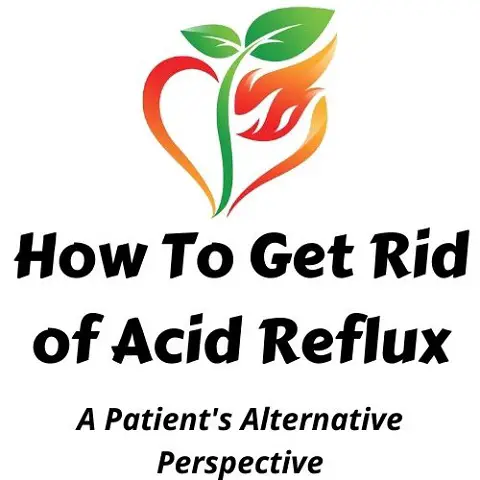Any links on this page that lead to products on Amazon and other companies may be affiliate links and we earn a commission if you make a qualifying purchase. Thanks in advance for your support!
Google which foods to avoid and carbonated drinks always come near the top. The conventional explanation includes a number of problems. So do fizzy drinks cause heartburn?
Studies have shown that carbonated drinks can:
- Relax the Lower Esophageal Sphincter (the LES), thereby allowing acid into the esophagus and causing reflux.
- Significantly extend the size of the stomach (compared with still liquid), thereby increasing the pressure on the LES, and as a result letting more stomach acid into the esophagus.
- Soda drinks also often contain caffeine, and there is some evidence that caffeine causes reflux.
- Soda is acidic, and in itself could affect the soft tissue in the esophagus.
- Drinking full sugar soda could contribute to weight gain; obesity is a significant risk factor in suffering acid reflux.
For more detail, read on below...
Night time reflux? Read how to avoid it here
Perhaps the most important is that the LES relaxes, and its pressure reduces, as a result of drinking carbonated drinks; this in turn, could lead to acid refluxing into the esophagus.
A small 2012 US study, here, demonstrated that this relaxation and drop in pressure did indeed occur.
Also, the additional pressure the extra gas puts on the LES could be relevant – studies have shown that fizzy drinks could extend the stomach by as much as twice compared to its size with a normal volume of still liquid.
Read on below below to find out more…
Night time reflux? Read how to avoid it here
Soda drinks also often contain caffeine, so whilst there is conflicting evidence about the relaxing effects of caffeine on the LES, this could be relevant.
Also, sodas are highly acidic – Pepsi and Coke are measured at a PH of 2.5 in this study – and are thought to adversely affect the sensitive tissues in the esophagus.
In a small US study in 2014, here, patients with moderate to severe GERD symptoms were over twice as likely as GERD-free participants to consume soft drinks.
Does Alkaline water help with reflux? Find out here
So do fizzy drinks cause heartburn? Maybe you should quietly return that soda to the fridge, and reach for the mineral water. Or should you? A 2010 peer reviewed study of the available evidence at that time, here, funded in part by the Coca Cola Corporation, concluded “it appears that there is no direct evidence that carbonated beverages promote or exacerbate GERD”, and that further research was required.
As with all food and lifestyle factors, the important thing is how it affects you – it may be minimal or non existent – and how you therefore respond. However, should you crave a soda, go for a diet or low sugar variety; the extra calories involved in standard sodas contribute to weight gain, which is one of the most significant causes of reflux.

Leave a Reply